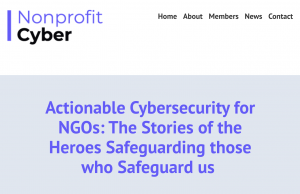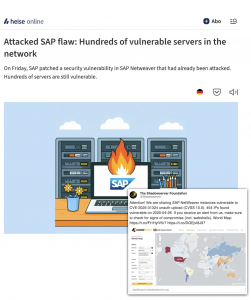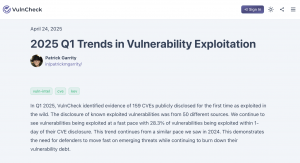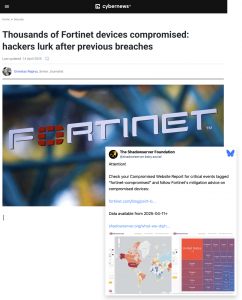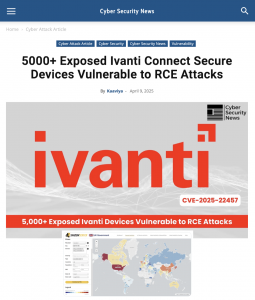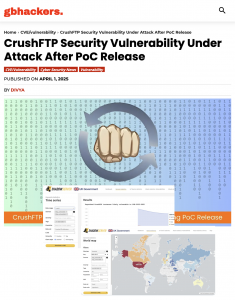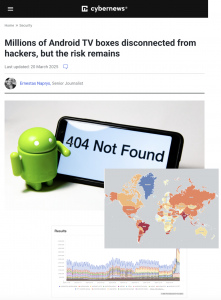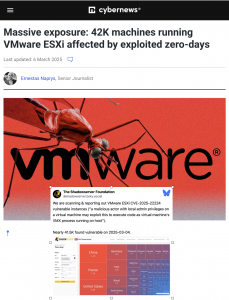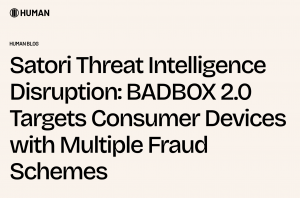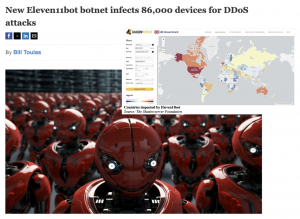Actionable Cybersecurity for NGOs: The Stories of the Heroes Safeguarding those who Safeguard us
Nonprofits and NGOs serve as the backbone of social progress, often working on the frontlines of critical global challenges. Yet as they champion human rights, health, education, and humanitarian aid, they are increasingly vulnerable to cyber threats that can jeopardize their missions. Fortunately, a growing network of nonprofit cybersecurity organizations is stepping up to protect those who protect us—with free, affordable, and tailored solutions that respond directly to these challenges.
Together, Shadowserver and CyberPeace Institute are demonstrating how affordable, proactive, and tailored cybersecurity support can be both scalable and deeply impactful—especially when rooted in local partnerships and a shared mission to protect civil society.


